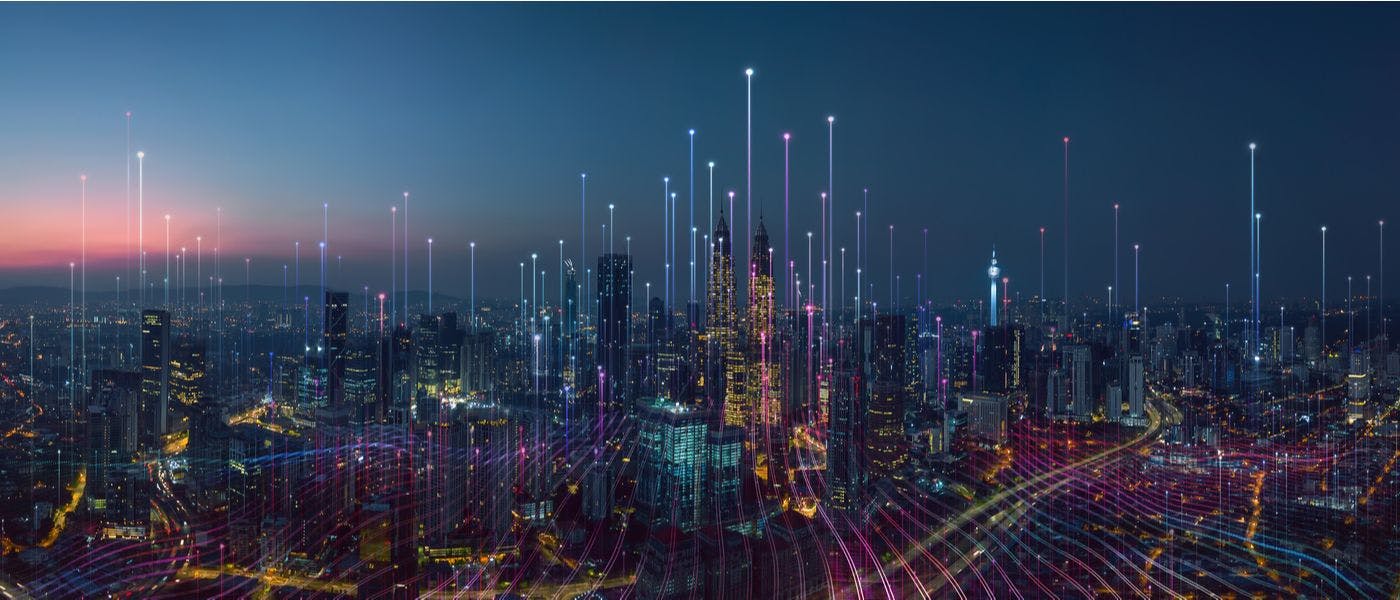119 reads
One More Level of E-Government Development Everyone Forgot About
by
December 9th, 2020
Assistant to CBDO at Code Inspiration SWD company. Digital transformation and E-Government optimist.
About Author
Assistant to CBDO at Code Inspiration SWD company. Digital transformation and E-Government optimist.
